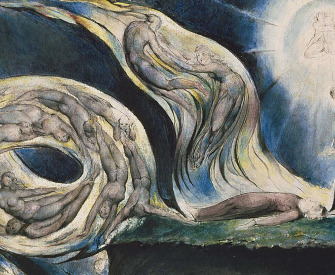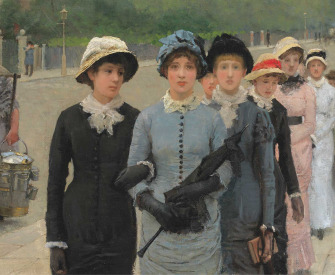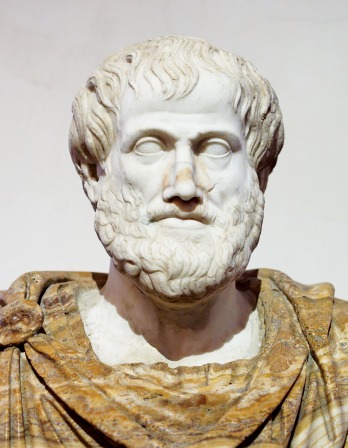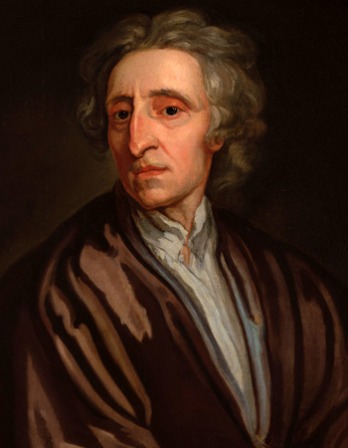Government is not made in virtue of natural rights, which may and do exist in total independence of it—and exist in much greater clearness, and in a much greater degree of abstract perfection—but their abstract perfection is their practical defect. By having a right to everything, they want everything. Government is a contrivance of human wisdom to provide for human wants.
Men have a right that these wants should be provided for by this wisdom. Among these wants is to be reckoned the want, out of civil society, of a sufficient restraint upon their passions. Society requires not only that the passions of individuals should be subjected, but that even in the mass and body as well as in the individuals, the inclinations of men should frequently be thwarted, their will controlled, and their passions brought into subjection. This can only be done by a power out of themselves, and not, in the exercise of its function, subject to that will and to those passions which it is its office to bridle and subdue. In this sense the restraints on men as well as their liberties are to be reckoned among their rights. But as the liberties and the restrictions vary with times and circumstances, and admit of infinite modifications, they cannot be settled upon any abstract rule, and nothing is so foolish as to discuss them upon that principle.
The moment you abate anything from the full rights of men, each to govern himself and suffer any artificial positive limitation upon those rights, from that moment the whole organization of government becomes a consideration of convenience. This it is which makes the constitution of a state and the due distribution of its powers a matter of the most delicate and complicated skill. It requires a deep knowledge of human nature and human necessities and of the things which facilitate or obstruct the various ends which are to be pursued by the mechanism of civil institutions. The state is to have recruits to its strength and remedies to its distempers. What is the use of discussing a man’s abstract right to food or to medicine? The question is upon the method of procuring and administering them. In that deliberation I shall always advise to call in the aid of the farmer and the physician, rather than the professor of metaphysics.
The science of constructing a commonwealth, or renovating it, or reforming it, is, like every other experimental science, not to be taught a priori. Nor is it a short experience that can instruct us in that practical science, because the real effects of moral causes are not always immediate; that which in the first instance is prejudicial may be excellent in its remoter operation, and its excellence may arise even from the ill effects it produces in the beginning. The reverse also happens, and very plausible schemes with very pleasing commencements have often shameful and lamentable conclusions. In states there are often some obscure and almost latent causes, things which appear at first view of little moment, on which a very great part of its prosperity or adversity may most essentially depend. The science of government being therefore so practical in itself, and intended for such practical purposes, a matter which requires experience, and even more experience than any person can gain in his whole life, however sagacious and observing he may be, it is with infinite caution that any man ought to venture upon pulling down an edifice which has answered in any tolerable degree for ages the common purposes of society, or on building it up again, without having models and patterns of approved utility before his eyes.
These metaphysic rights entering into common life, like rays of light which pierce into a dense medium, are, by the laws of nature, refracted from their straight line. Indeed in the gross and complicated mass of human passions and concerns, the primitive rights of men undergo such a variety of refractions and reflections that it becomes absurd to talk of them as if they continued in the simplicity of their original direction. The nature of man is intricate; the objects of society are of the greatest possible complexity, and therefore no simple disposition or direction of power can be suitable either to man’s nature or to the quality of his affairs. When I hear the simplicity of contrivance aimed at and boasted of in any new political constitutions, I am at no loss to decide that the artificers are grossly ignorant of their trade, or totally negligent of their duty. The simple governments are fundamentally defective, to say no worse of them. If you were to contemplate society in but one point of view, all these simple modes of polity are infinitely captivating. In effect each would answer its single end much more perfectly than the more complex is able to attain all its complex purposes. But it is better that the whole should be imperfectly and anomalously answered, than that, while some parts are provided for with great exactness, others might be totally neglected, or perhaps materially injured, by the overcare of a favorite member.
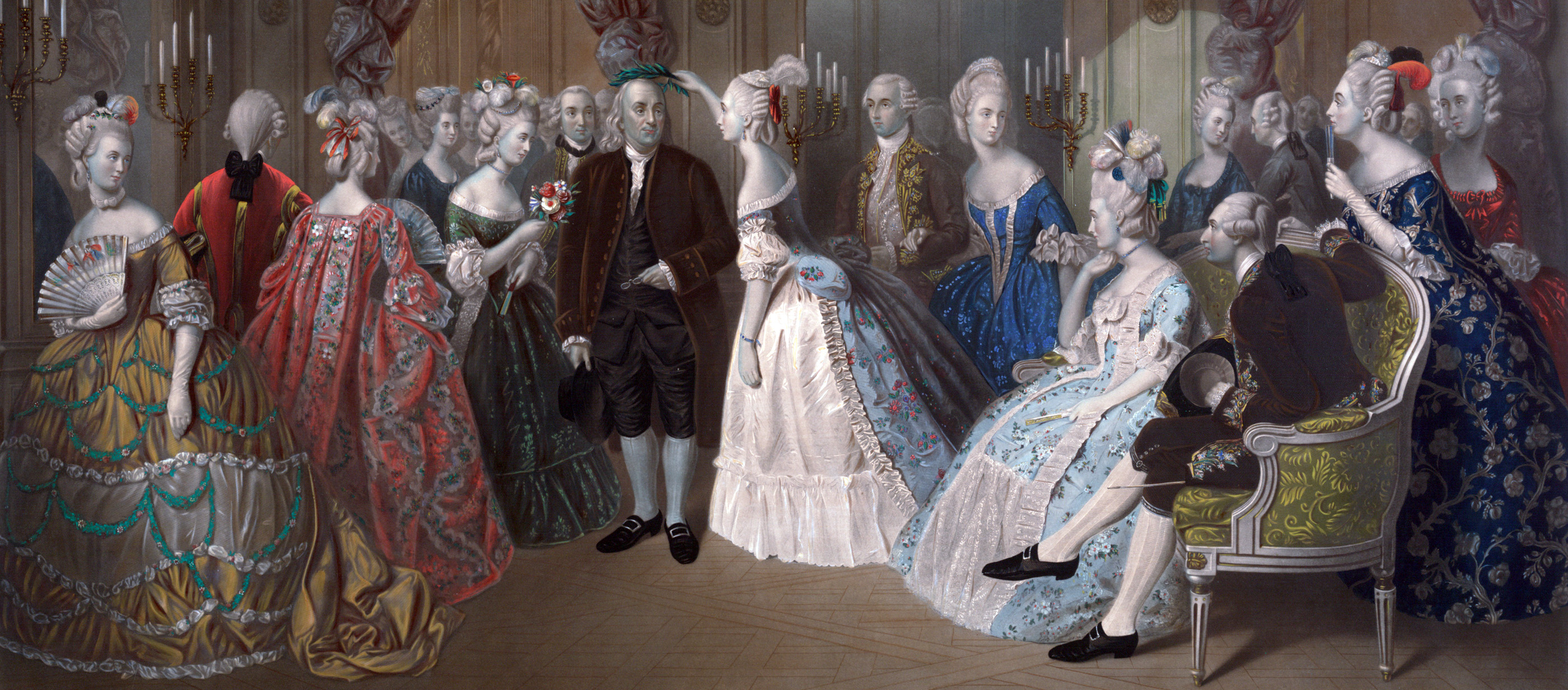
Franklin at the Court of France, 1778, Receiving the Homage of His Genius and the Recognition of His Country’s Advent Among the Nations, painted by Baron Jolly and engraved by William Geller, 1853. © Boston Athenaeum, The Bridgeman Art Library.
The pretended rights of these theorists are all extremes, and in proportion as they are metaphysically true, they are morally and politically false.The rights of men are in a sort of middle, incapable of definition, but not impossible to be discerned. The rights of men in governments are their advantages, and these are often in balances between differences of good; in compromises sometimes between good and evil, and sometimes between evil and evil. Political reason is a computing principle; adding, subtracting, multiplying, and dividing, morally and not metaphysically or mathematically, true moral denominations.
By these theorists the right of the people is almost always sophistically confounded with their power. The body of the community, whenever it can come to act, can meet with no effectual resistance, but till power and right are the same, the whole body of them has no right inconsistent with virtue, and the first of all virtues, prudence. Men have no right to what is not reasonable, and to what is not for their benefit.
From Reflections on the Revolution in France. Burke was appalled by the events in France, writing Reflections to quell his countrymen’s support for what he referred to as a “monstrous tragicomic scene.” Thomas Paine condemned him for his “flagrant misrepresentations,” declaring, “From the part Mr. Burke took in the American Revolution, it was natural that I should consider him a friend to mankind; and as our acquaintance commenced on that ground, it would have been more agreeable to me to have had cause to continue in that opinion, than to change it.”
Back to Issue


